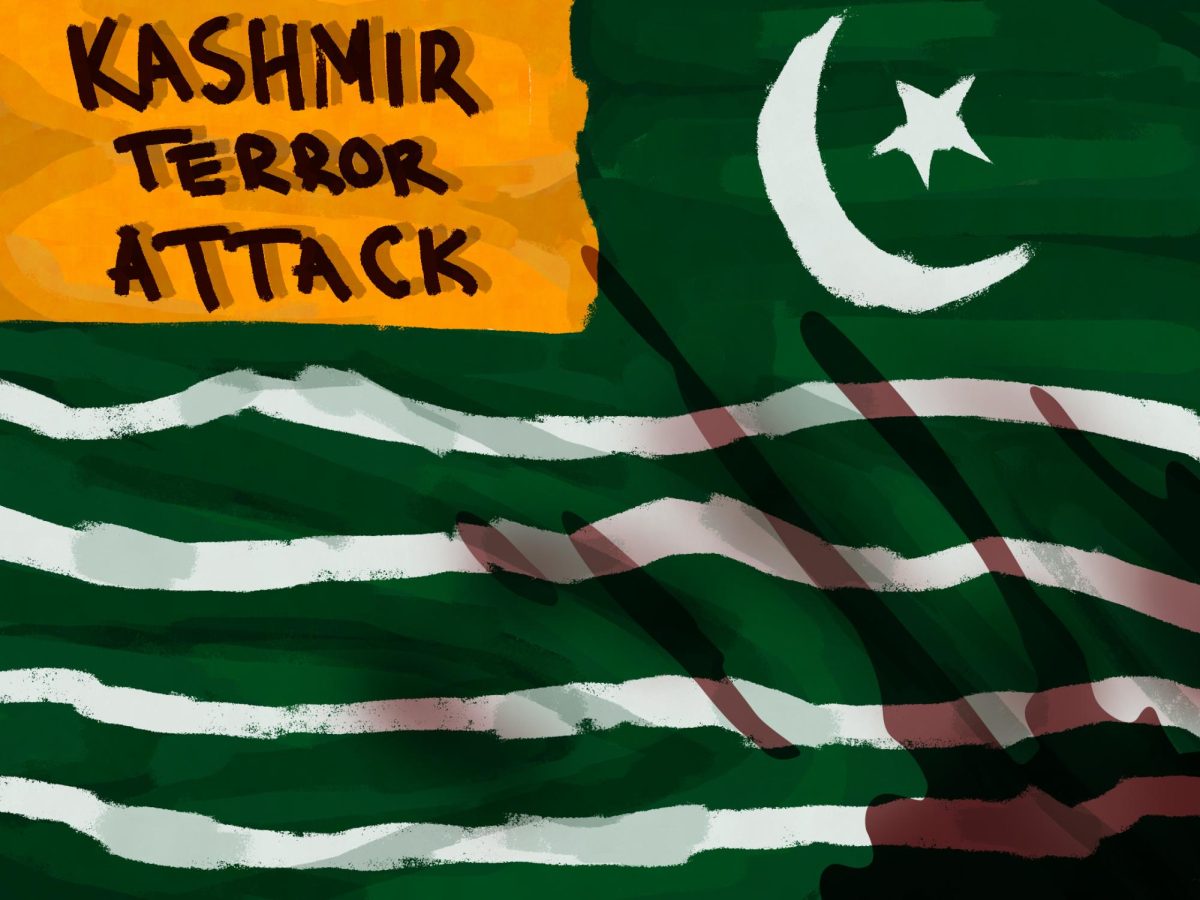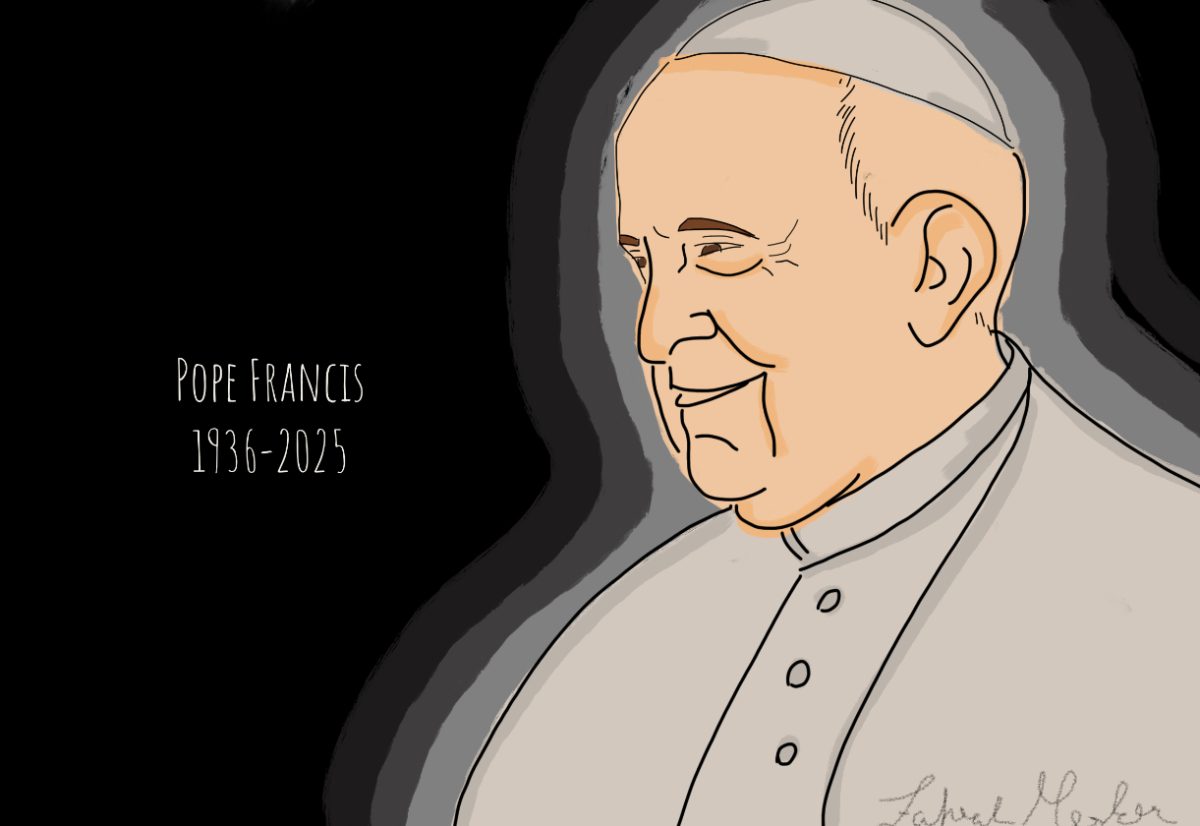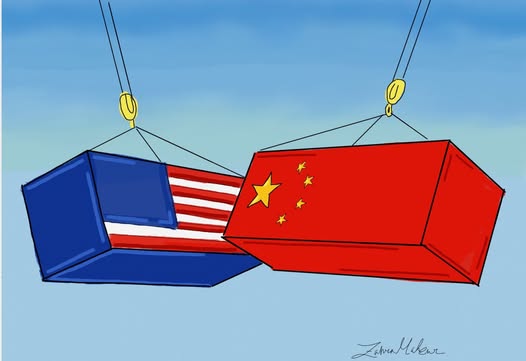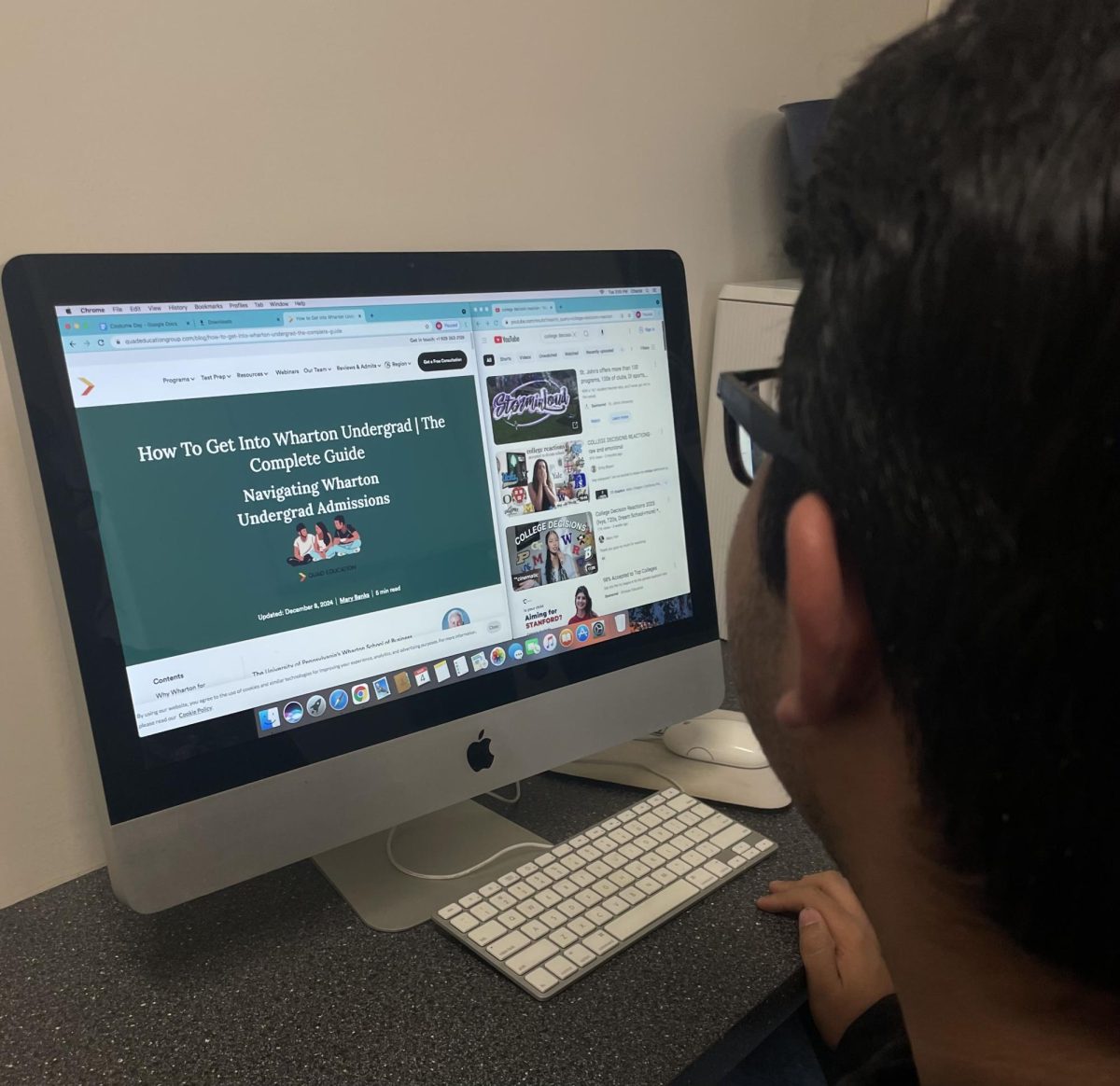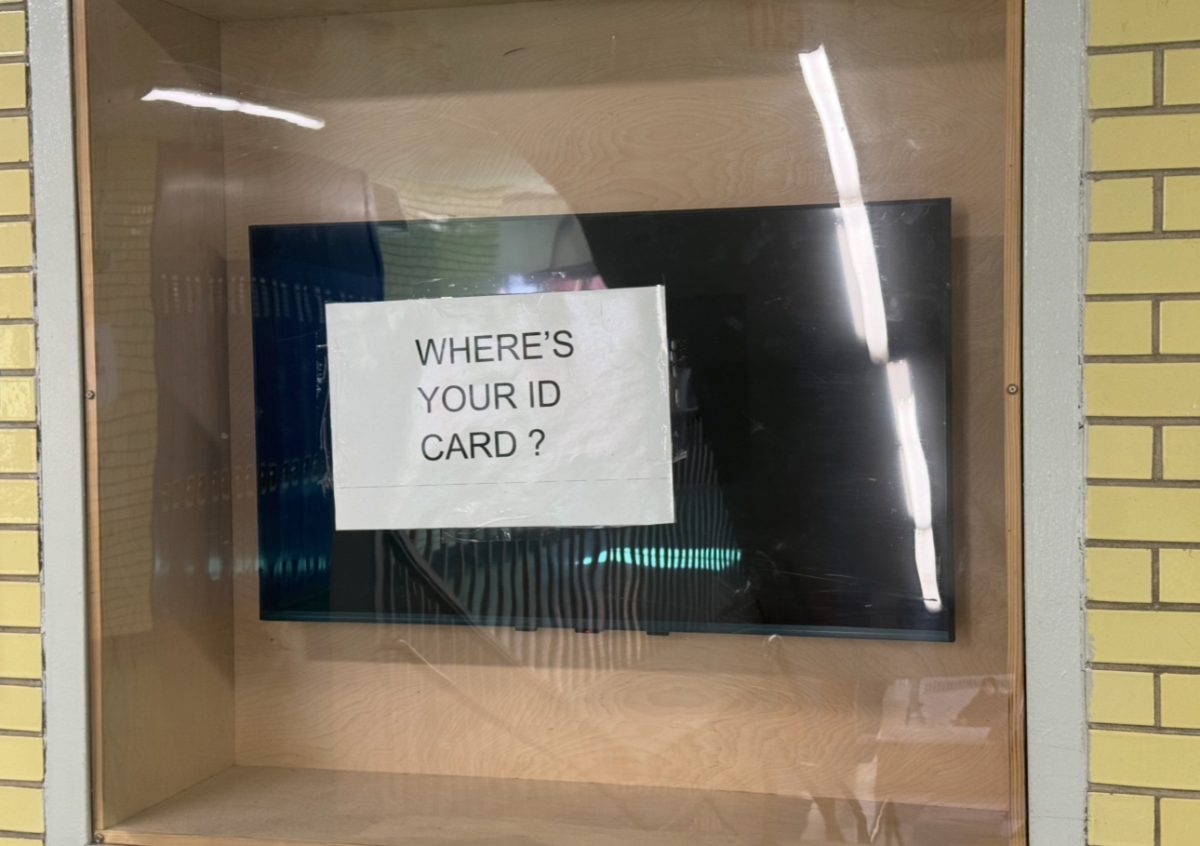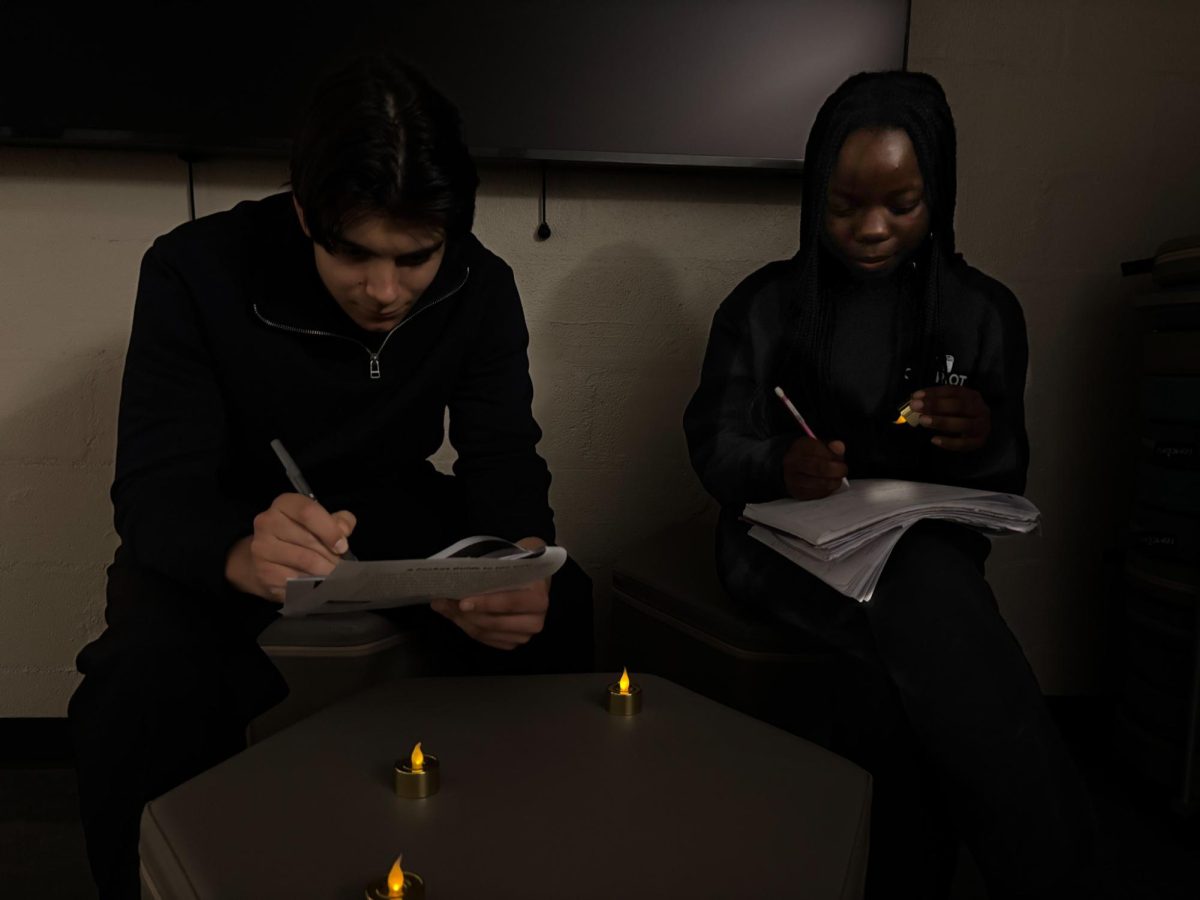On May 10, the United Nations General Assembly voted to grant Palestine new rights and privileges and called on the Security Council to review Palestine’s request to become a member of the U.N. The State of Palestine gained the rights to be seated among member states, make statements and raise procedural motions. Going into effect this September, the state will also be able to serve as an officer to the main committee of the General Assembly through vote. Though the country remains an observer state and will not yet be authorized to vote in the General Assembly, this decision reflects the worldwide support for Palestine and the concern for the rising death toll in Gaza.
The resolution was passed amid a wave of international backlash against Israel for its actions during the ongoing conflict in the Gaza Strip. For instance, South Africa has deemed that Israel has committed acts of genocide, and thus requested the International Court of Justice to order Israel out of Rafah, the center of current conflict in Gaza. A separate case in the International Criminal Court sought arrest warrants for Israeli prime minister Benjamin Netanyahu and Hamas leader Yahya Sinwar for war crimes.
“In terms of the U.N.’s effort to grant membership, when the U.N. was created after World War II, the purpose of it was to make sure that we never went through something like the Holocaust again,” Model U.N. adviser Mr. Novak said. “The U.N. has been successful with that but also unsuccessful while handling this genocide. It is good that Palestinians have a voice. I don’t think it’s a bad thing to have them in an official capacity.”
The recent resolution achieved by the U.N. follows a previous Security Council vote regarding whether to make Palestine an official member of the United Nations. Out of the 15 members, 12 voted in favor of the resolution, which would have granted Palestine full membership. However, it was opposed by a permanent member of the Security Council, the United States. American officials stated that the U.S. will block Palestinian membership and statehood until there is a direct negotiation with Israel to resolve key issues. The United States believes that this would create more conflict and would not bring international peace and security and proposed a two-state solution instead. The U.S. Deputy Permanent Representative to the U.N. Robert Wood stated that the American vote does not reflect opposition to Palestinian statehood and that they show support. The situation has been a contentious subject of debate amongst many people.
“I think the U.N.’s effort to grant membership to Palestine was a good response to the Palestinian people since their goal was to govern themselves and be recognized as their own nation,” junior Deborah Aderibigbe said. “Nonetheless, I can understand the nuance to the situation and see where giving Palestine full support may only fuel the fire/conflict not only in Israel, but also between nations globally.”
“The United States’ position that Palestine must first negotiate directly with Israel before being granted full U.N. membership is flawed,” sophomore Nayana Kabir said. “It places the responsibility on the oppressed party to negotiate with its oppressor without the benefit of equal standing in the international community. Full membership in the U.N. would strengthen Palestine’s ability to engage in such negotiations on a more equal footing and with greater international support.”
The United States has a history of vetoing resolutions relating to Palestinian statehood including the 1989 resolution for recognition of Palestinian statehood and 2011 resolution for full membership in the United Nations. The U.S. believes that direct negotiations are the way to peace. There could be many reasons for these decisions made by the U.S. One could be the constant aim to achieve a logical path to peace and security without causing more conflict or making negotiations more difficult. Other reasons could be security concerns over the Middle East region and the political alliance that the country has with Israel. The American foreign policy during this crisis in the Middle East has been a particularly divisive topic.
“The U.S. has often believed that direct negotiations are the most effective path to achieving a lasting peace and a two-state solution in which they believe is best for both parties,” Mr. Novak said. “Having an agreed upon peace as opposed to unilateral actions which would undermine the process at peace is what the U.S. is rooted in. On the other hand, critics of this policy can argue that the U.S. has stalled progress by setting up ‘preconditions’ which are very difficult to meet.”













![”[Billie Eilish] truly was made to be a performer and I hope everyone has a chance to see such an amazing show,” junior Nyelle Sarreal said.](https://nhpchariotonline.com/wp-content/uploads/2025/06/IMG_1108-e1749239774437-1200x860.jpeg)




